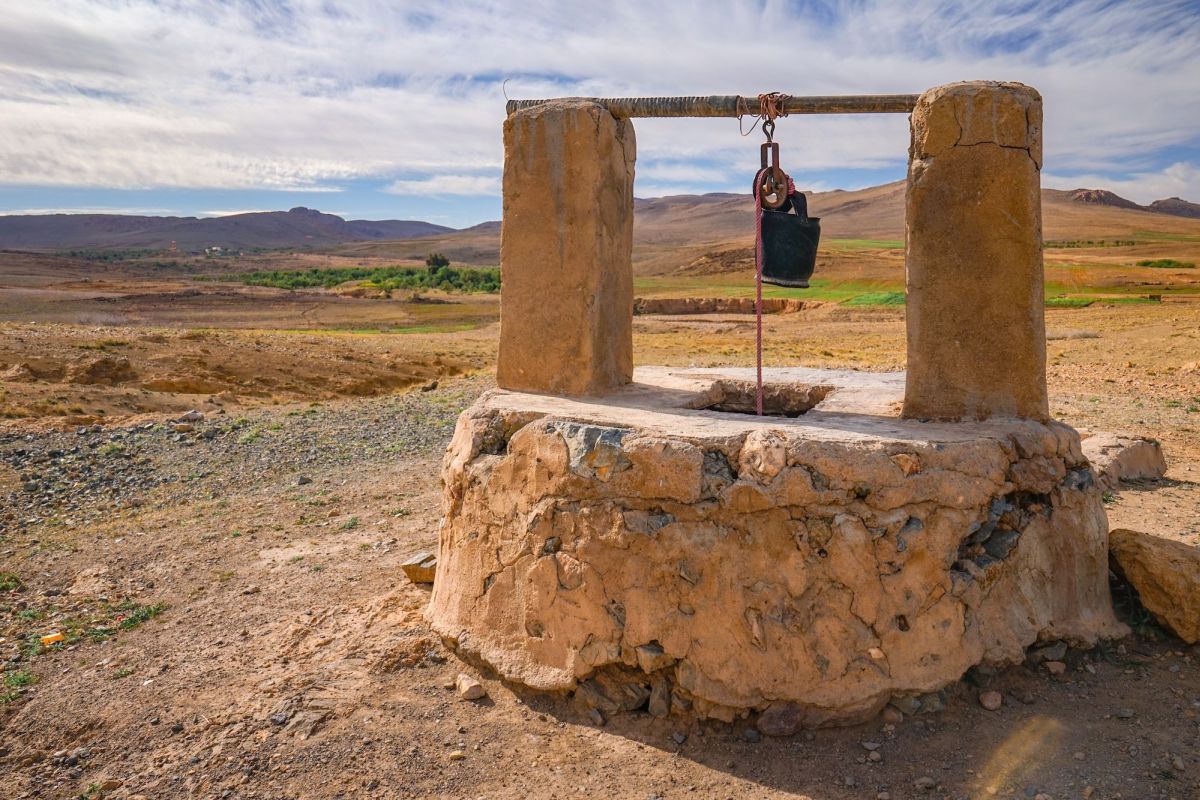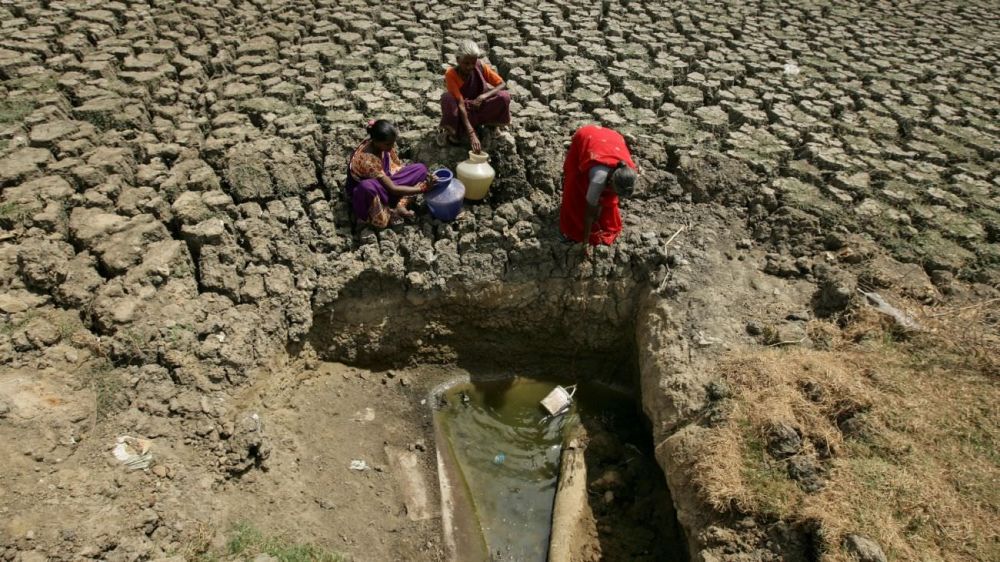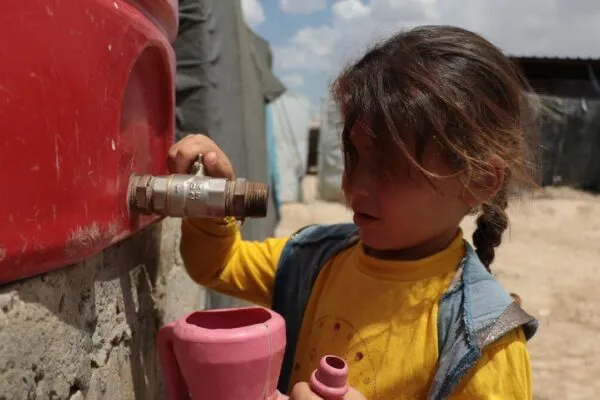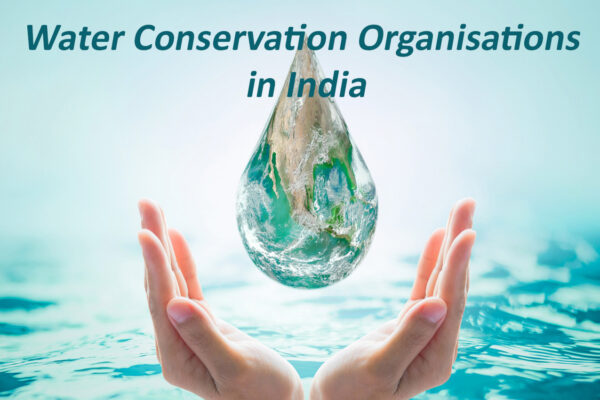Millions of Wells at Risk of Drying amid Global Groundwater Depletion: Study
Groundwater has been a staple source in providing drinking water to the world for many years. The history of groundwater use dates back to over 7,000 years. Many ancient civilizations such as India’s Harappan civilization relied on wells for drinking water. Today, millions of groundwater wells are at risk of drying amid global groundwater depletion, a study stated.
Since the introduction of borewells nearly fifty years ago, the exploitation of groundwater has exacerbated. Besides, these groundwater resources are supporting the day-to-day requirements of billions of people and provide for over 40 percent of irrigated agriculture.
Owing to the rising global temperatures, shifting rainfall patterns and unsustainable groundwater infrastructure – this incredible resource of fresh water is declining at an alarming rate.
Published in the journal Science, the new study revealed that up to 20 percent of all the groundwater wells in the world are at risk of drying up if groundwater kevels fall by even a few meters.

Today, millions of groundwater wells are at risk of drying amid global groundwater depletion | Image: Tatsiana Volskaya
A team of researchers from the University of California, Santa Barbara, US, studied record data from approximately 39 million wells in 40 countries across the globe.
It was found that between 6 and 20 percent of all of the wells are currently at no more than five meters below their water table, which clearly implied that up to 7.8 million wells of 39 million could end up dried very soon.
Also Read: Daunting Tale of Worsening Water Scarcity in the Indian Subcontinent
With many cities already facing water scarcity, this study brings out horrifying results about groundwater depletion. According to researchers, this relentless trend could make access to groundwater one of the privileges to the rich.
Scott Jasechko, an assistant professor at UC Santa Barbara,
Drilling wells is expensive. Even if freshwater exists deep underground, not every individual or household has the capital to drill a new well to access it, which raises concerns about equity when wells run dry.
The study further discovered that the majority of the well constructions have not considered the declining levels of groundwater, and therefore they have not been dug deeper than usual. It is warned that such practices will lead to a deficit of groundwater in these wells and they end up dry quickly.

Up to 7.8 million wells out of 39 million could end up dried very soon amid rising global temperatures | Image: Vice
Many earlier studies have proven that these shrinking volumes of water in aquifers are contributed to the extraction rate that is far bigger than the natural refilling capacity of these resources.
The increasing spells of droughts amid global warming have also contributed to the problem on a global scale. This problem of water scarcity especially threatens the vulnerable sections of society.
Debra Perrone, another researcher included in the study, said,
In some places, groundwater levels are close to the bottom of wells. If groundwater levels continue to decline in these places, wells will go dry, leaving people without access to water.
The researchers spent over half a decade compiling the data from over 100 unique databases around the world. They manually went through every piece of information to understand the limitations and nuances of each database they analyzed.
Groundwater sustainability has never been more crucial. Deciding on a course of action is not going to be an easy task, but compiling and analyzing large datasets is a big step toward combating this challenge.
It is imperative for the world communities to come together to tackle the issue of depleting groundwater levels amid global warming and climate change.

